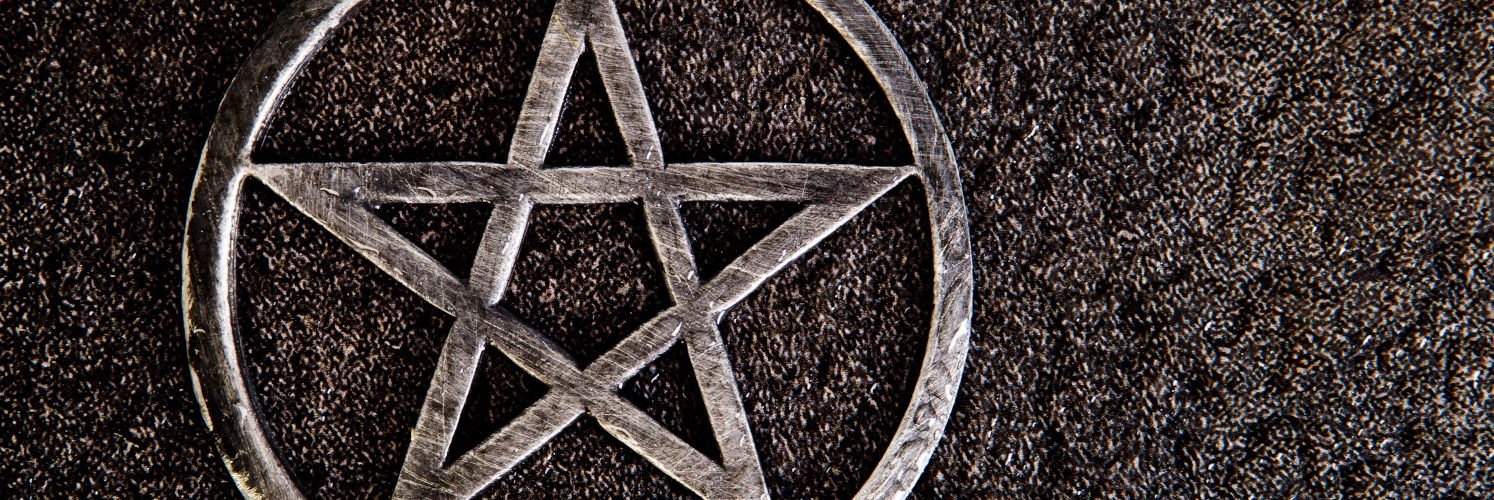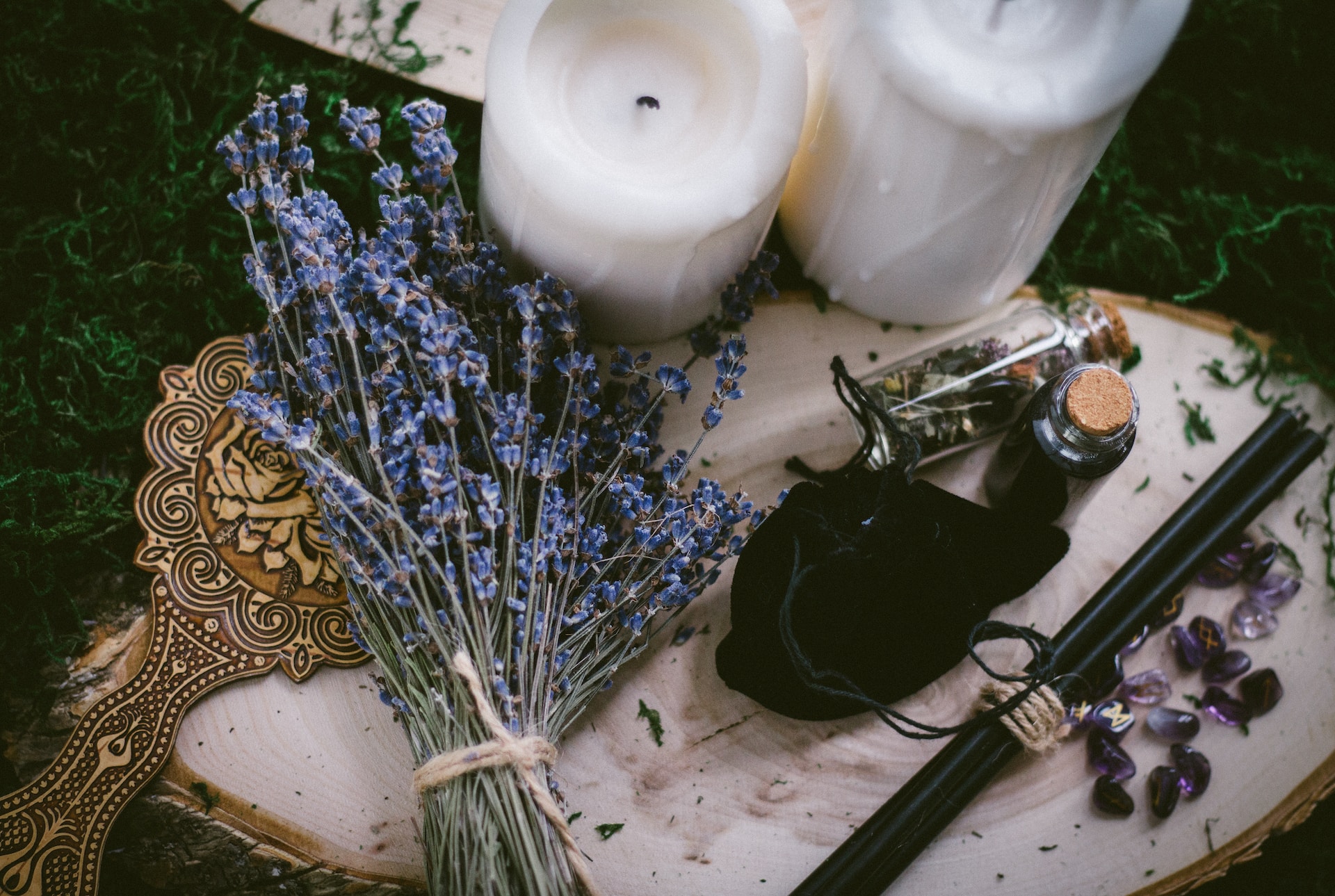I can hear the detractors already: “Wicca doesn’t have beliefs!” Well, that’s true and it’s also not. Wicca doesn’t have a single, unified set of beliefs that practitioners are required to adhere to in order to practice. Attempts have been made for a variety of reasons, most of them having to do with codifying the central tenets of the Craft in order to legitimize it as a religion for tax purposes. Probably the best-known of these attempts is the one made by the American Council of Witches in 1972, primarily because its ‘Principles of Belief’ was successful in being included in some government publications and is a recognizable document for practitioners of a certain age. To this day, people argue about the Principles of Belief and what should and shouldn’t “really” be in them or the authority or lack thereof for a body, however large or small, to define for an entire religion things that are deeply personal to the practitioner.
So no, Wicca doesn’t have a single, unified set of beliefs that practitioners are required to adhere to. But it does have beliefs that people tend to gravitate toward as they walk this path. Some of that is influenced by tradition, some of that is influenced by mundane worldview, and some of that is influenced entirely by one’s own experiences.
In this essay, I’ve attempted to put together a list of core beliefs – meaning things that people either come into Wicca emotionally knowing to be true or experience as they practice leading to this emotional knowing – for the Conclave’s tradition of the Craft. I want to stress that this idea of emotional knowing is key to the concept of belief. Belief is more than intellectually accepting something to be true. It’s being emotionally invested in that truth, whether you like that emotional investment or not. That’s what separates fact from belief – especially since not all beliefs are rooted in fact.
So here goes: Deity is real. The Mighty Forces are real. Magick is real. The Ancestors are alive. The world is full of spirits. Time is cyclical. All things are connected. Life is eternal. Love sustains life. Initiation comes from Deity.
Now, each of these points is expanded upon on the Conclave’s website, on our About page in the ‘Defining Beliefs’ section. It’s very formal language over there because we had to generate that language as part of some documents we were submitting to the State of Missouri a number of years ago. We worked hard on it because we knew that we were writing something that would be a cornerstone for the tradition, something that would be looked upon as a foundation and built around long after Taz and I retired. Is it unchanging, unassailable, carved in stone? No. But we’re pretty sure that anyone who practices in our tradition for a while will agree, at least in theory, with what we came up with.
Why do we care so much about the beliefs our tradition instills in its practitioners? Because belief is what you get when you combine ritual, experience, contemplation (or whatever you want to call thinking deeply about the Big Questions in life), and faith (or whatever you want to call the connection you have to the Something Bigger in life). Belief is what defines the spirit and prepares it for the transition that is death. Belief is what underscores our habits, our behaviors, and our ability to change. Belief is what drives us toward certain viewpoints and holds us back from others. And – going back to the idea that it is entirely possible, and dare I say normal, to have beliefs that you don’t want to have – belief is what gives us a rich field of inner work to toil in as we integrate, redefine, and take control of our realities.
As priestesses who teach the Craft to others, both Taz and I want to make sure that, when our practitioners have practiced for decades and done the work of becoming their authentic selves, they have a sense of peace and certainty in their hearts that comes with knowing that the Cosmos is ultimately loving, compassionate, benevolent, and life-affirming and that nothing is ever lost in its vastness. We want to prepare them to become Ancestors or part of the Mighty Dead and serve as guardians and protectors for generations to come. We want to make sure that they have fulfilled what they set out to do in this life so they don’t have any regrets or unfinished business to hold them back when the end of life comes. And we want them to not fear the natural process of leaving this mortal world for the spirit world. It is a certainty that we will die, and the more work we do to prepare for that eventuality, the more calm and centered we will be when the moment finds us.
So there you have it: one Wiccan tradition’s core belief structure. I’m sure it will resonate with other practitioners, especially those who are trained traditionally. May it serve as a springboard for you to examine your own deeply held beliefs and empower you to change what does not serve you.
May you be well.

